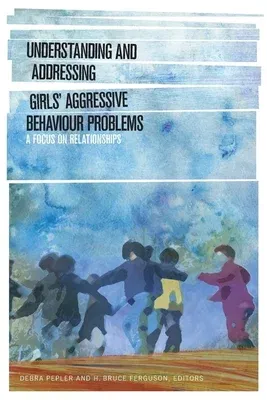Understanding and Addressing Girls' Aggressive Behaviour Problems
reflects a major shift in understanding children's aggressive-behaviour
problems. Researchers used to study what went wrong with a troubled
child and needed to be fixed; we now aim to understand what is going
wrong in children's relationships that might create, exacerbate, and
maintain aggressive-behaviour problems in childhood and adolescence. In
this volume, leading researchers in the aggression field examine how
problems develop for boys and girls in relationships and how we can help
children to develop healthy relationships.
Individual chapters explore biological and social contexts, including
physical health and relationship problems that might underlie the
development of aggressive behaviour problems. The impact of
relationships on girls' development is illustrated to be particularly
important for Aboriginal girls. Contributors discuss prevention and
intervention strategies that help aggressive children build the
requisite skills and relationship capacities and also shift dynamics
within critical social contexts, such as the family, peer group,
classroom, and school.
The support of healthy development not only of children but of their
parents and other important adults in their lives, including teachers
has been shown to be effective in reducing the burden of suffering
associated with aggression among children and adolescents--for youth
themselves as well as their families, peers, schools, communities, and
society.

